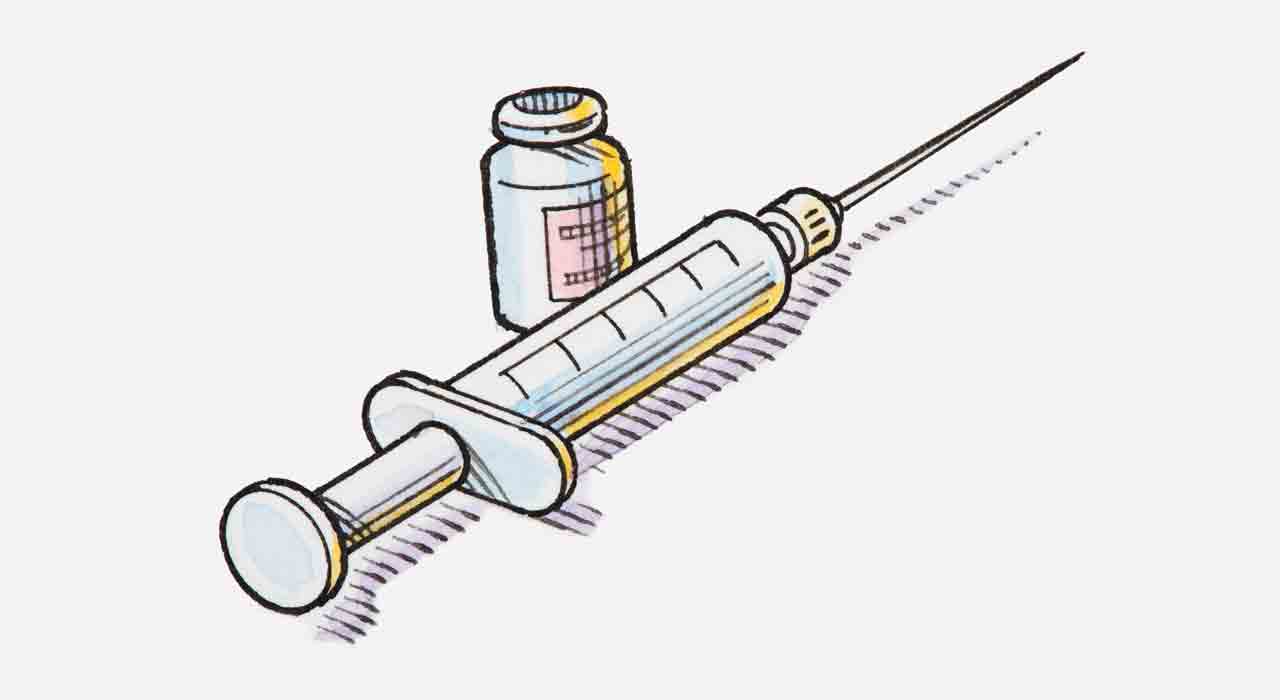By MACROS | Published on June 10, 2017
Almost everyone has tried some sort of eating plan, but, sadly, many diets set you up for failure down the road because they’re often void of the serious nutrients you need over a long period of time, which can cause a slew of problems.
However, when it comes to diabetics, their diet is a life-or-death plan. What’s more, the American Diabetes Association found that 29.1 million Americans suffer from this disease with another eight million going undiagnosed.
The big problems for diabetics are glucose levels, insulin and pancreas issues, often caused by an excess or lack of proper food, which they need, alongside their meds, to keep their symptoms under control.
So what does an athlete have in common with a diabetic? In a word: carbs. The difference is that diabetics require a precise balance of carbohydrates to aid with their health concerns, whereas athletes use them for gains.
Here are some valuable lessons from Heather Prescott, ACE certified personal trainer and fitness nutrition specialist, about what you can learn from diabetes that you can use to hit your fitness goals faster.
Switch your carbs
Sugar levels, also known as glucose levels, cause drastic spikes and drops in blood sugar. Simple carbs are primarily to blame for that because they’re broken down into sugars once the food starts to digest, but that goes with complex carbohydrates as well.
The only difference between the two is the amount of links or chains each carbohydrate contains when burning as energy. Simple carbs contain up to two chains and burn up very quickly, essentially just giving your body a mad rush of sugar (or energy) that’s readily available. But complex carbs have three or more chains which means they release energy at a more consistent pace.
Where you find complex carbs, you find common muscle foods that include whole grains, oats, brown or wild rice, vegetables, beans, legumes and various potatoes. Because complex carbs are slowly released, it gives both athletes and diabetics adequate and sustainable energy throughout the day as well as enabling optimal performance.
Eat more nuts
This source of protein and healthy fats is also good at battling diabetes. Research in the journal, Diabetes Care found that eating 2oz of nuts each day helped control diabetes and prevent its complications. They’re an excellent muscle-building food that’ll also help you feel fuller for longer so you can stave off hunger cramps. Make sure you hit that magic number of 2oz.
Embrace soy and chia seeds
More and more is being discovered about these foods every day. Research at the National Autonomous University of Mexico found that when soy and chia seeds are included in a balanced diet, they help reduce obesity and control diabetes. Also, soy beans make a great addition to any salad, while chia seeds are an excellent source of fiber you can add to home-blended protein shakes.
– RELATED: White Bread May Be Just As Healthy As Whole Wheat Sourdough –
Up you fibre to optimum levels
Just how important is fiber in the long term and exactly how much do you need? Well, research in Diabetologia looked at 18 separate studies on the subject and, following an 11-year follow-up study, scientist found that people with the highest daily total fiber intake (more than 26g) had an 18% lower risk of developing diabetes compared to people who ate just 19g of fiber per day. It will help you feel fuller for longer so make sure you add fibre supplements, likes psyllium husks, to your shakes if you need to get your numbers up.
Load up at breakfast
Mom was right all along, breakfast is pretty important. Research in the Journal of Nutrition found that diabetics who ate a high-protein breakfast had better glucose control at lunch and dinner. This means you’re less likely to feel hungry and suffer energy slumps later in the day. The researchers also found that the optimum amount of protein to digest daily is 25-30g.
One of the best sources for protein is eggs. In fact, a study in the American Journal of Clinical Nutrition found that people who ate at least four eggs a week had a 37% lower risk of getting diabetes. Time to get cracking.
Walk it off
People with diabetes have higher levels of sugars and fats in their blood and can lower their risks of cardiovascular disease by exercising after a meal, found research in the Journal of Applied Physiology. Get eating, then get moving.

